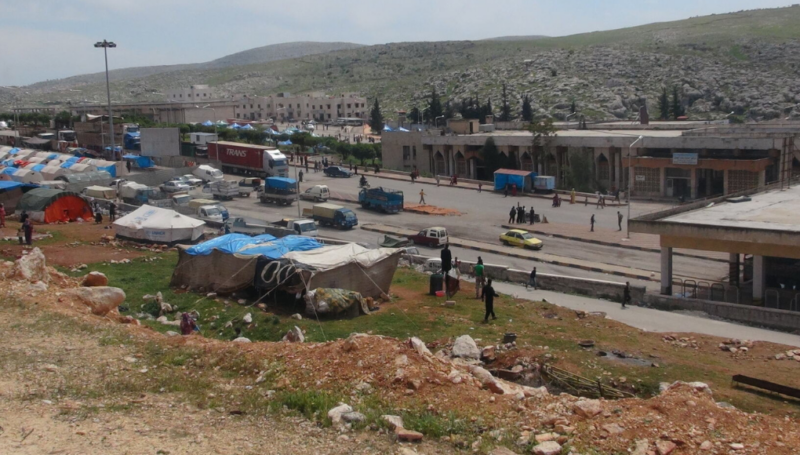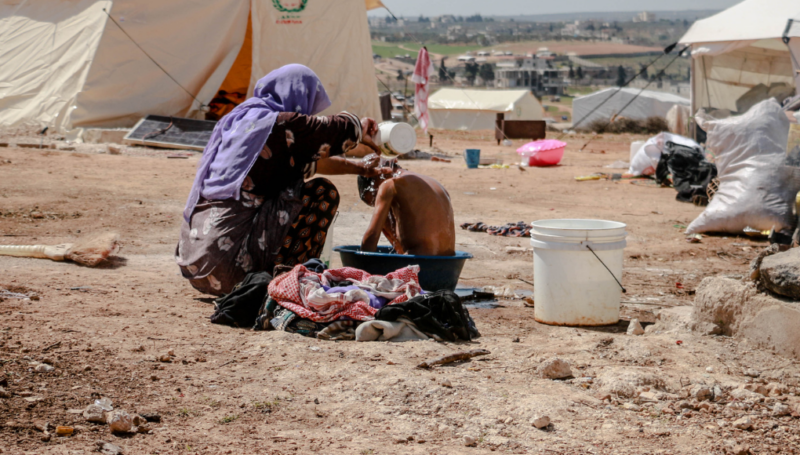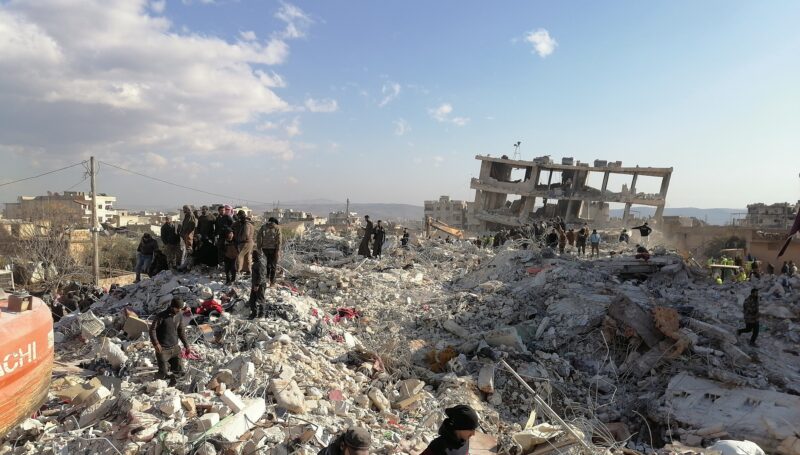Northern Syria faces a severe humanitarian crisis due to conflict, economic decline, and infrastructure deterioration. Millions are in dire need, and last year’s violence and devastating earthquakes have worsened the situation.
With humanitarian funding dwindling, aid organizations struggle to support displaced and vulnerable communities. The number of people needing aid has surged to 16.7 million, making it crucial to use impartial, independent data to effectively target resources and ensure accountability.
Rising Needs and Diminishing Lifelines
The crisis in Northern Syria has led to widespread displacement and increased threats to civilians. In Northwest Syria, about three in four Syrians are internally displaced, with nearly two million living in overcrowded, poorly insulated shelters. Economic conditions are dire, with the Survival Minimum Expenditure Basket’s cost rising by 59% in a year. Even traditionally high-income households have seen sharp income declines and rising debt.
Impact of Food Assistance Reductions
Reductions in food assistance have severely affected over a million internally displaced persons (IDPs) in Northwest Syria, worsening food insecurity and forcing households to reallocate their limited incomes, risking further instability. These reductions threaten to destabilize markets and increase prices, undermining people’s ability to meet other essential needs.
Key Messages
- Effective Utilization of Data: Amid decreasing humanitarian funding, using impartial, independent evidence is essential to tailor aid programs to the needs of vulnerable Syrians. Data guides resource targeting and prioritization, ensuring accountability.
- Impact of Food Aid Cuts: Funding shortages and cuts in humanitarian assistance, notably from the World Food Programme, highlight the need for data to identify the first impacts and ensure aid reaches those most in need.
- Economic and Social Implications: Food assistance cuts have destabilized markets, increased prices, and forced households to reallocate limited incomes, undermining their ability to meet essential needs and exacerbating negative coping strategies.
Turning Data into Action
Despite the challenges, there is hope. By supporting organizations like REACH and conducting on-the-ground needs assessments, we can make a tangible difference. Humanitarian data collection in Northern Syria provides a neutral account of the needs and helps inform effective response strategies.
As humanitarian space shrinks in Northern Syria, the role of data in planning targeted interventions grows. By mapping needs and considering factors like severity, vulnerability, and market conditions, humanitarian data and research offer comprehensive solutions to current challenges.
Read the full brief prepared by REACH to gain comprehensive insights into the challenges: REACH-Syria-Brief-Turning-data-into-action-Meeting-humanitarian-challenges-amid-funding-shortfalls-in-Syria-1.pdf (impact-initiatives.org)









